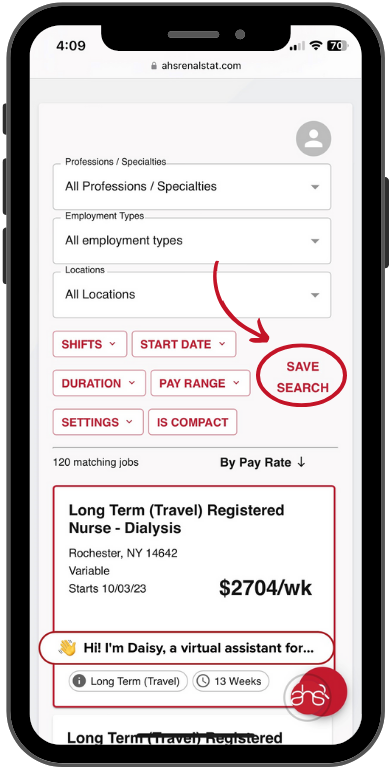Every nurse, dialysis technician, renal dietician, social worker and physician intends to do no harm to their patients. The very avoidable and preventable issues with lapses in infection control practices have a high potential of harming our patients and is an area that is sometimes a compliance challenge.
Surveys were performed in 1,285 facilities in 2010 and in 1,380 facilities in 2011 for the Centers of Medicare & Medicaid Services (CMS) recertification. The results for both years indicated that the two top cited Vtags were in infection control.
The most cited is V113. Wear disposable gloves caring for the patient or touching the patient’s equipment at the dialysis station. Staff must remove gloves and wash hands between each patient or station.
The second most cited is V122. Cleaning and disinfection of contaminated surfaces, medical devices and equipment.
According to the Centers for Disease Control and Prevention (CDC), hand washing is the most important measure to prevent contaminant transmission. When to wear gloves and when to perform hand hygiene is a major focus from the perspective of patients, providers, CDC and surveyors.
Hand washing is the most important measure but improperly cleaned and disinfected surfaces can be an almost unnoticeable infection transmission route. The information and tools available to help practitioners comply with V113 is readily available.
The challenges in maintaining appropriate environmental infection control practice is inherently difficult given the conditions existing in a dialysis unit.
The constant increase in the end-stage renal disease (ESRD) population, combined with shorter duration treatments resulting in multi-shifts of patients, is a major contributing factor in the difficulty in performing good environmental infection control practices. It is by no means an excuse in deviating from good practice but, it is a reality.
Dialysis is performed in an environment where there is a close proximity from patient-to-patient, but patients are not segregated from each other by the presence of walls. And yet, the requirement to treat each patient station as a private, separate and restricted space, must be accomplished.
Article by Renal Business Today


